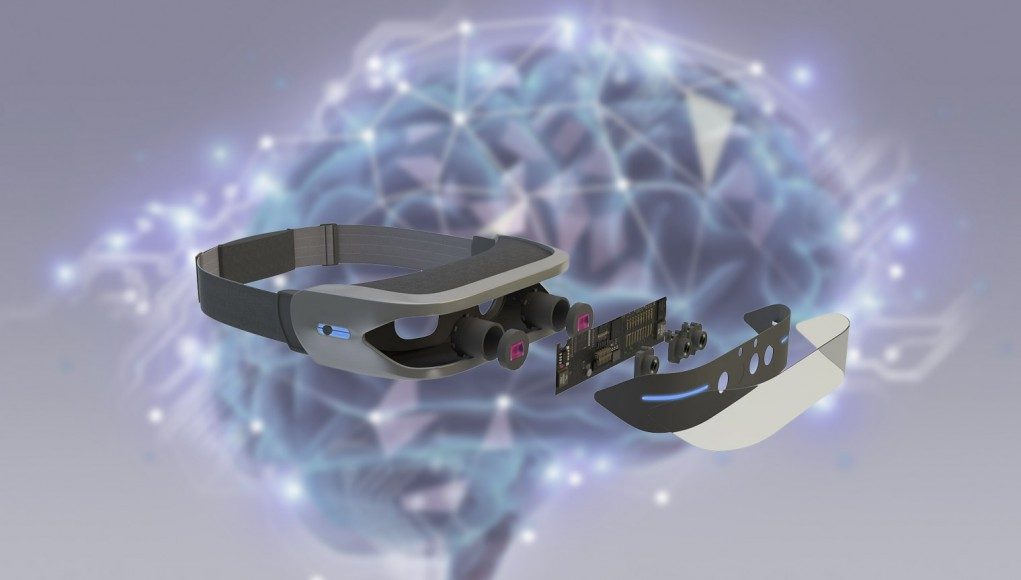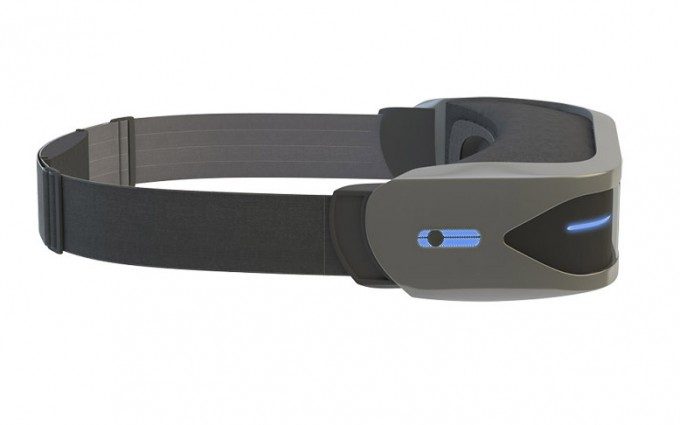MindMaze today announced closing a $100 million seed investment led by Hinduja Group which company says values them in excess of $1 billion.
MindMaze is creating what they call a “neural virtual reality platform,” an extension of products the company has created for the healthcare sector.
The company doesn’t specify other investors in the round, only noting participation from “other family offices,” in addition to Hinduja Group.
Stripping away the neuro-buzzwords, MindMaze seems to want to create a VR system that has a clearer overall picture of the user at the center of the experience, using a number of a different input systems from motion tracking and brain activity to accomplish that goal.
The company currently shows a VR headset concept and tracking camera on their website claiming 6DOF head tracking, 120Hz hand and finger tracking, and AR capabilities.
Last year when the company locked down their first investment of $8.5 million we learned they had planned to create their own headset called MindLeap, but the latest info from the company surrounding their new investment makes no mention of MindLeap. It sounds as if the company plans to use the investment to expand their healthcare activities while continuing R&D and licensing the technology outside of the healthcare sector.
“The first-of-its-kind multisensory technology has already been commercialized for stroke and brain-injury survivors and Its current regulatory approvals enable the company to accelerate placement of devices in Europe and Asia. The MindMaze platform will become more broadly available through licensing in the business-to-business and business-to-consumer spaces to power virtual reality-optimized products for mainstream experiences beyond gaming,” reads the press release.








